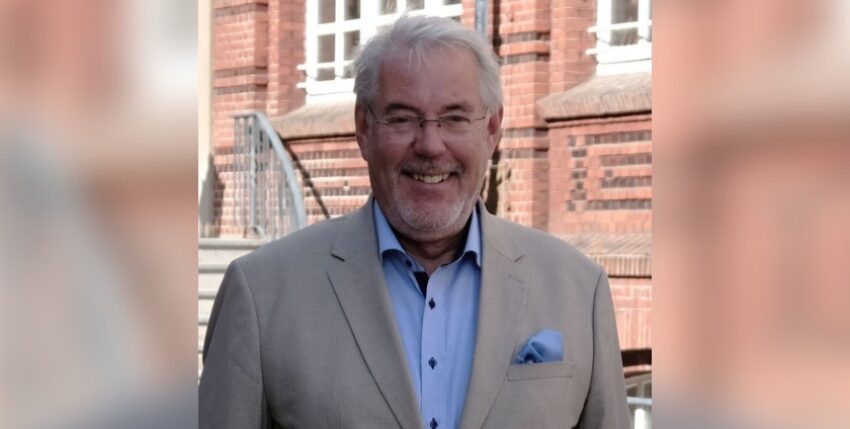...we are following the annual reviews for 2022. Events in the world have unfolded at a speed that we could not - or did not want to - imagine. With the hope of an imminent end to the pandemic, the desire for good governance in Berlin and a bright future with the rulers in Washington, Paris or Rome, we hoped for stability and the usual economic satisfaction. Putin would not be so serious with his deployment, the US criticism of Nord Stream 2 was exaggerated, the defence budget could be developed moderately, if at all necessary, and we would concentrate on tackling climate change, because global security risks would not threaten us. The new members of parliament were fresh-faced and full of expectation as they looked ahead to a supposedly golden future in government, unaware of the specific challenges they would really be facing. While I had wished everyone a good year in 2022 in my January editorial, which now seems unintentionally cynical to me, everything turned out very differently. But neither the war in Ukraine with its consequences for world food supplies and the peace order nor the energy crisis with its economic consequences and attempts at social policy reassurance came as a complete surprise. The legacy of the flood disaster in the Ahr valley from the previous year was far from over, but we gradually began to realise that something similar could happen again.
Wherever you look, each of the events in 2022 was preceded by expert warnings. My doubts about convincing security policy decisions formulated in January 2022 were unfortunately correct, because I was increasingly worried by the experience and assessment of experts such as Wolfgang Ischinger, who formulated his findings shortly before the Russian invasion as "I only see negative things". The fact that Germany is strategically poorly positioned seemed to have finally been overcome with Chancellor Olaf Scholz's "turning point" speech. The only thing that must not happen, said a colleague from Brussels who was impressed by the enthusiasm for NATO, was that Germany did not deliver. Then we could no longer be seen. And that is exactly what happened, because the billions were relativised, the approach stumbled, confidence in the serious intentions quickly turned into scepticism.
And why this agonising slowness? There are good reasons for this, after all, there are no dolts working in the decision-making bodies. The watered-down billions are turning into a shrunken shopping spree, as our sister magazine "Europäische Sicherheit" called it. The navy in particular has been massively restricted, the army can look forward to a few smaller procurements and the air force is enjoying the procurement of the American F-35 fighter jets. That is more than is needed for nuclear sharing, and the ten billion could also be used to procure half a dozen combat ships and hundreds of armoured vehicles. Is this the well thought-out focus of national defence? If so, the critical question still remains as to why German taxpayers' money is being channelled mainly to the USA and not into the value chain of German high-tech companies and the shipbuilding industry, thus benefiting local jobs.
Resilience against threats is not just about weapons systems, but also about economic strength, public security and social peace. Let us realise that the war in south-eastern Europe is a touchstone for the world's liberal democracies, which account for only 13 percent of the world's population. Serious defence preparedness also includes civil protection and alert capability. Finland is leading the way with 200,000 reservists and 64 new F-35 fighter jets because it sees itself as a frontline state. Headlines in Germany, on the other hand, were excitedly concerned with dysfunctional airports during the summer holidays. The disastrous supply chain situation in maritime trade and harbours is much more serious for our wellbeing. Perhaps we need to think more urgently about our priorities.
Do you, dear readers, now have the impression that I am less optimistic than usual about the new year? No, I unwaveringly believe in hope, common sense and success. I wish you all the strength you need to overcome the challenges of this year. With the Ukrainian people in mind, representing all the suffering in the world, we are privileged and will have a good year in 2023. I wish it for you.
Holger Schlüter







